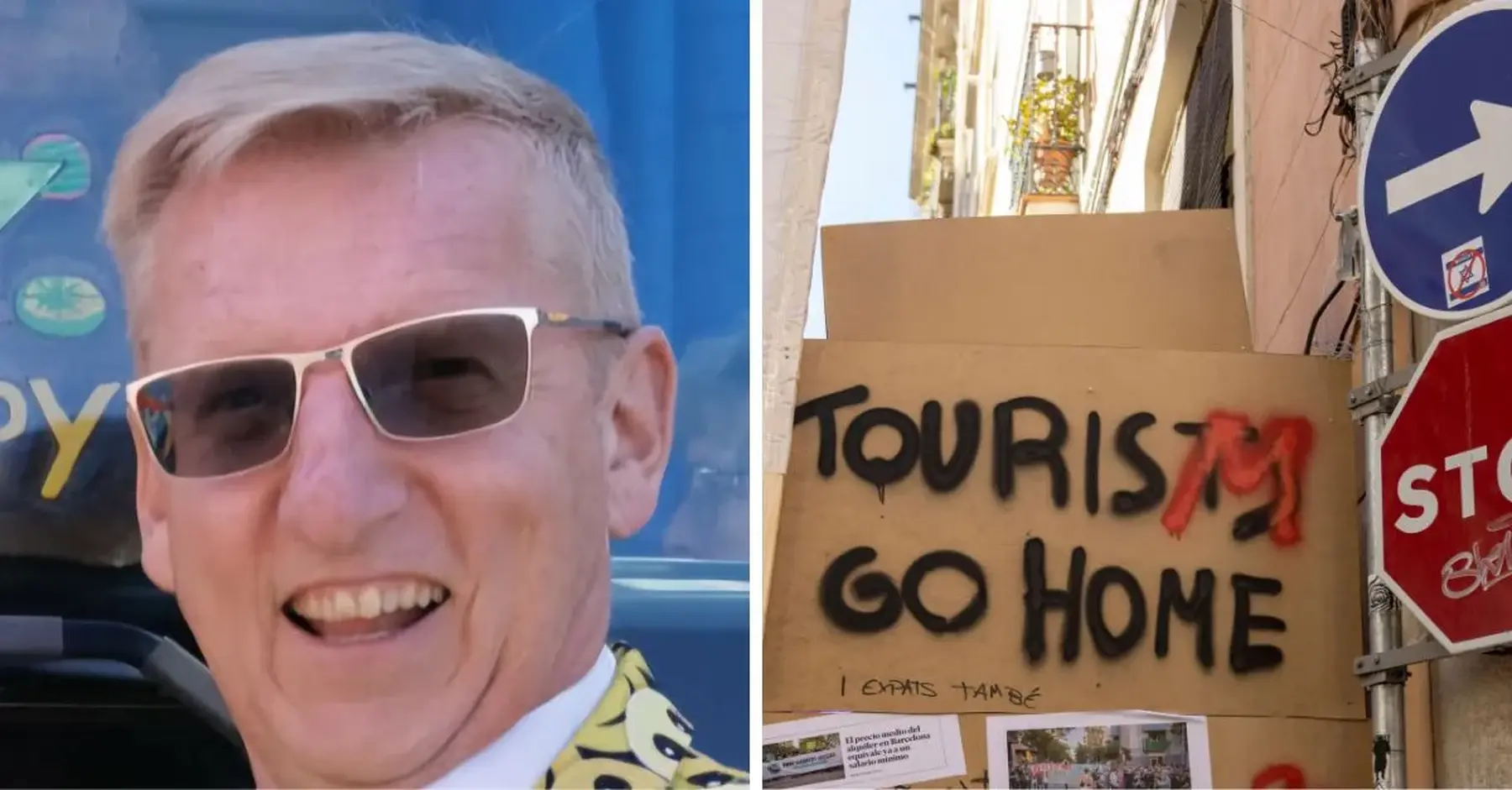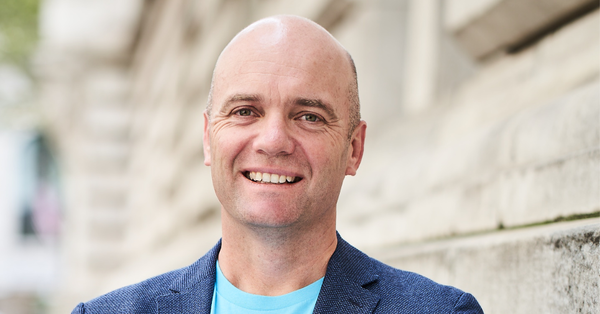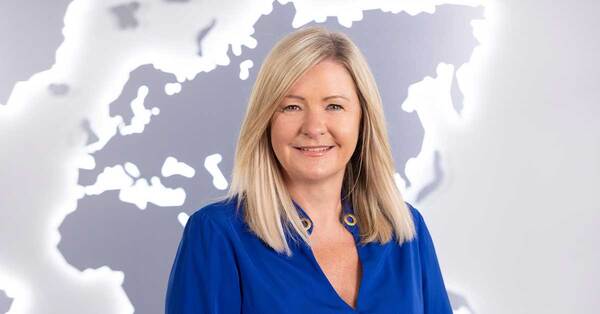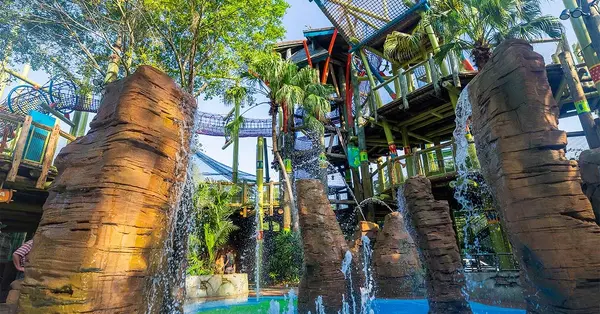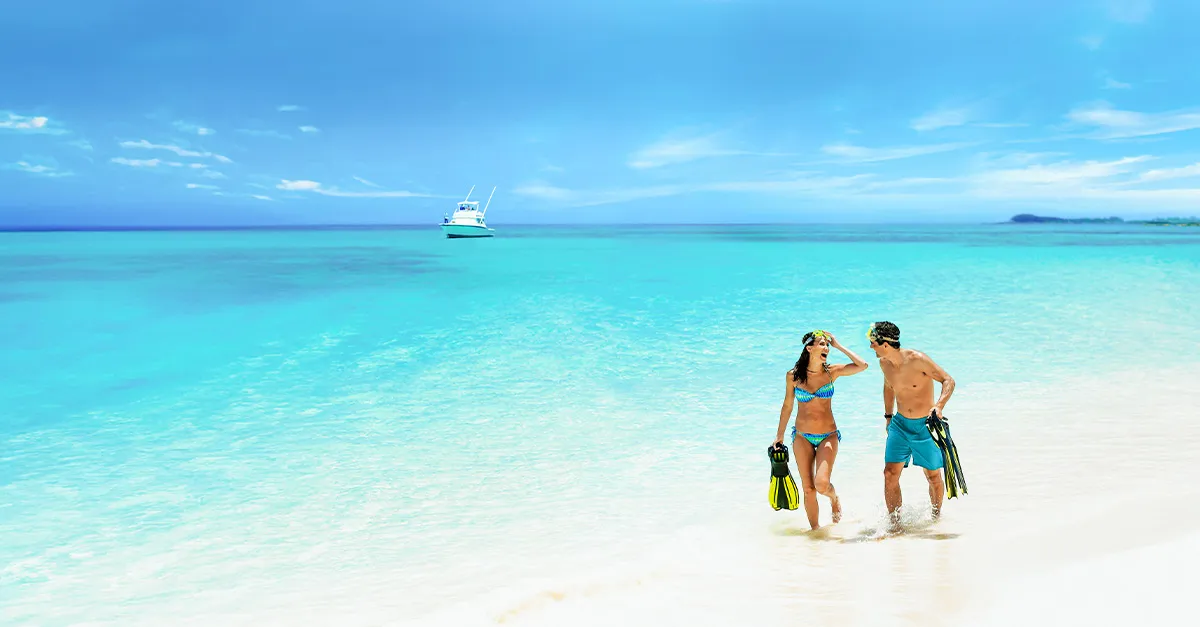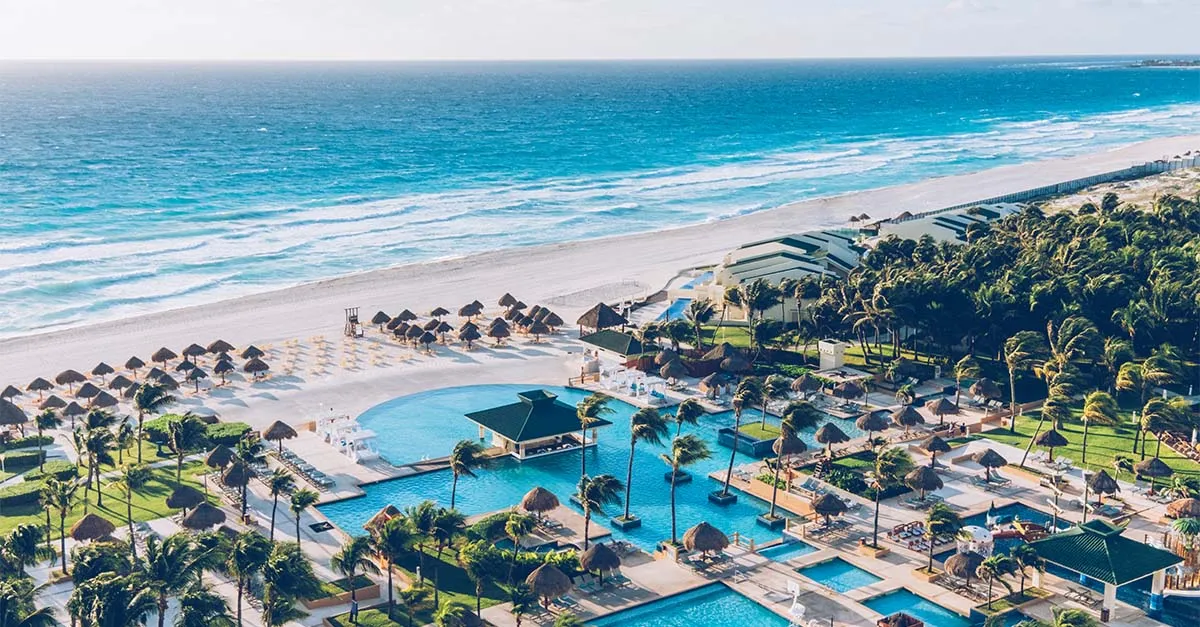You are viewing 1 of your 2 free articles
The truth behind Spain's so-called anti-tourism protests
The narrative is not only exaggerated but also misrepresents the complex reality behind what’s happening on the ground, says Ashley Adams Worldchoice owner Steve Riley
As the owner of a UK-based travel agency and someone who has been visiting the Balearic Islands for over 40 years – and residing here since before the Covid-19 pandemic – I feel compelled to offer a grounded, insider’s perspective on the recent media frenzy surrounding the so-called “anti-tourism protests” in Spain.
The narrative being presented is not only exaggerated but also misrepresents the complex reality behind what’s happening on the ground.
While it’s true that a handful of protests have taken place, these are far smaller in scale and impact than what is being reported internationally.
I’ve walked these streets for decades, and outside of the media glare, the actual disturbance is minor – in fact, I’ve seen larger queues at a beach bar in August than I have at any of these gatherings.
To illustrate the disconnect between media reporting and reality, let’s consider the situation on one of the Balearic Islands where the only “protest” that occurred was a piece of graffiti on a local housing estate wall that read, "Tourists go home". This was promptly removed by the local council within 24 hours. That hardly sounds like a mass movement to me.
And yet, these stories have had a tangible effect: incoming tourist numbers are down by 28% compared to 2023.
As someone embedded in the tourism industry, I find this deeply troubling. I haven’t seen the islands this quiet since the early days of the pandemic when the streets were deserted, and fear gripped the world.
Today, the islands are not deserted from a health crisis, but from misinformation and misplaced hysteria. Let’s look at what’s really going on.
Yes, there is tension. But it’s important to understand that much of this unrest isn’t solely about tourism.
Some of the protests – particularly those in Catalonia – are politically charged, led by Catalan groups campaigning for independence and the recognition of Catalonia as its own nation within Spain.
More: Anti-tourism protests spark sales fears but late bookings remain strong
Tourism, in this context, is being used as a platform to amplify wider social and political grievances.
Another critical, often overlooked issue is the shortage of accommodation for local workers.
Seasonal staff, who are the backbone of the Balearic tourism economy, are finding it increasingly difficult to secure affordable housing.
But here’s the truth: this shortage is not caused by tourists. It’s being driven by the unchecked rise of unlicensed rentals on platforms like Airbnb and Booking.com.
These properties, often marketed directly to tourists, bypass regulation, taxation, and importantly, zoning laws designed to protect residential areas and the local housing supply.
This crisis has been further compounded by changes in hotel policy. In a bid to recover financial losses suffered during the pandemic, many hotels have stopped providing accommodation for their seasonal workers.
This has forced more workers to compete in an already-saturated rental market, exacerbating the shortage and inflaming local frustrations.
In reality, the majority of Balearic residents continue to welcome tourists with open arms.
They understand, as I do, that tourism isn’t just a business – it’s a lifeline. It supports thousands of jobs, sustains local businesses, and contributes massively to the region’s GDP.
In fact, tourism remains one of the most critical components of economic sustainability across all the Balearic Islands.
From an economic standpoint, these islands cannot afford to turn their backs on the very industry that sustains them.
The local governments know this. That’s why the islands continue to promote tourism actively. Initiatives are underway to ensure a more sustainable and balanced approach – one that respects both residents and visitors.
The long-term goal is not to diminish tourism but to make it smarter, more integrated, and beneficial for all.
Let me be clear: the Balearics are safe, welcoming, and open for business. I’ve never felt more secure walking the streets here, and my experience has been echoed by countless returning holidaymakers.
What we’re witnessing isn’t a rejection of tourism – it’s a wake-up call for more intelligent regulation and better infrastructure planning.
We must not allow a small, vocal minority – often driven by wider political or economic frustrations – to rewrite the story of these beautiful islands.
Nor should we allow sensationalist headlines to deter families from enjoying the magic of Mallorca, Menorca, Ibiza, or Formentera.
As someone who lives and works here, I encourage everyone to see through the media noise and experience the Balearic Islands for themselves.
Not only are they as beautiful as ever, but they need your presence now more than ever.
Tourism is not the enemy – it is the foundation of these islands’ future.


